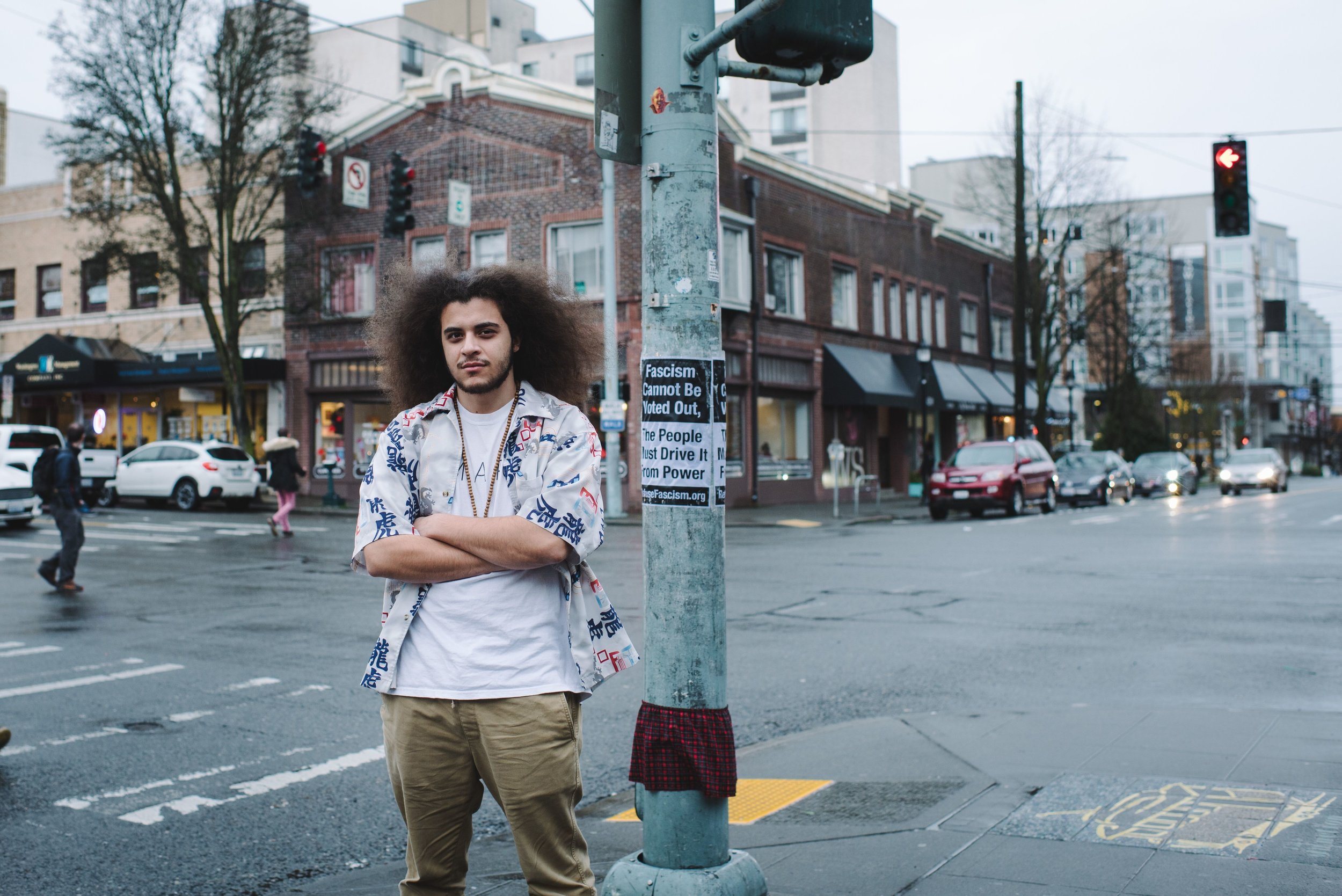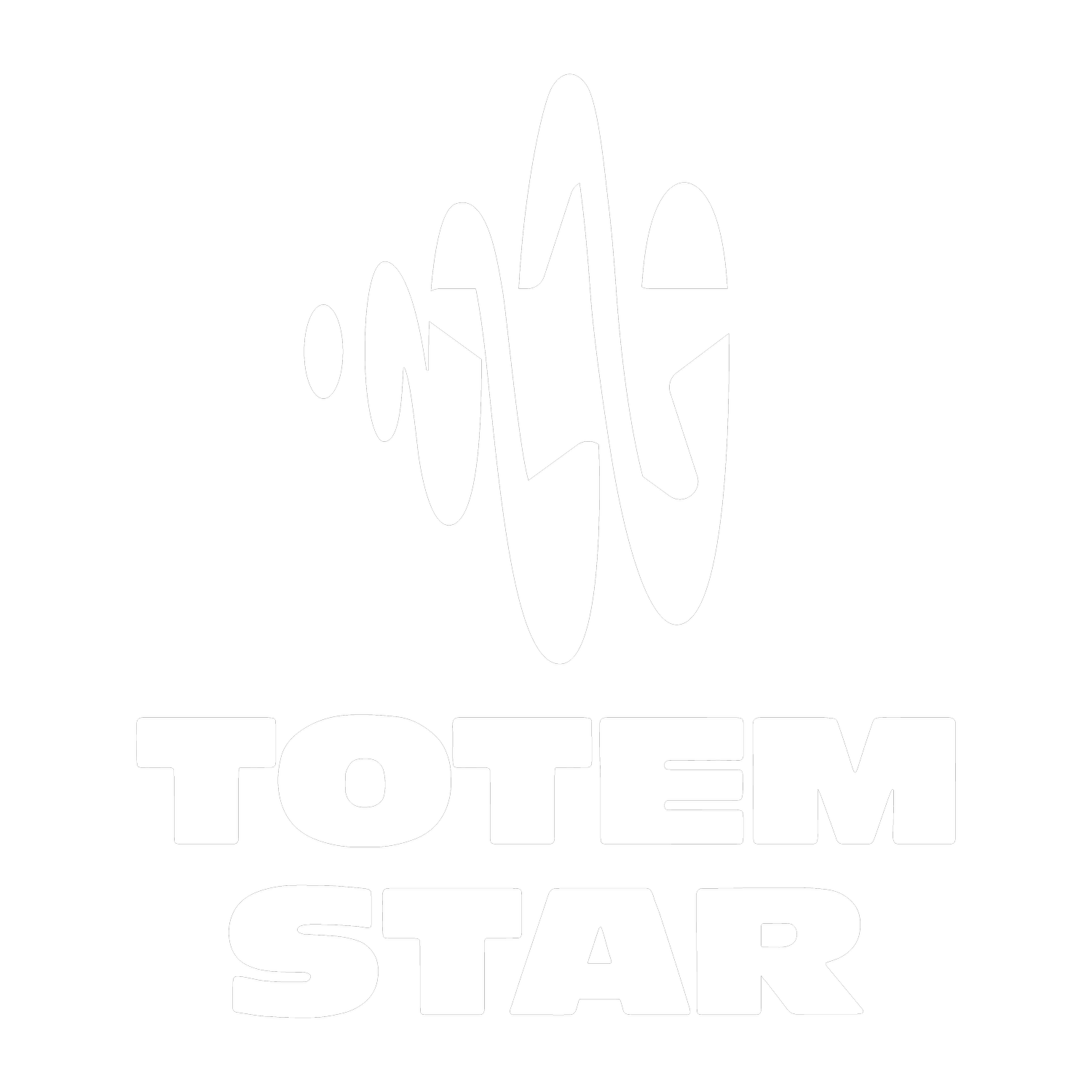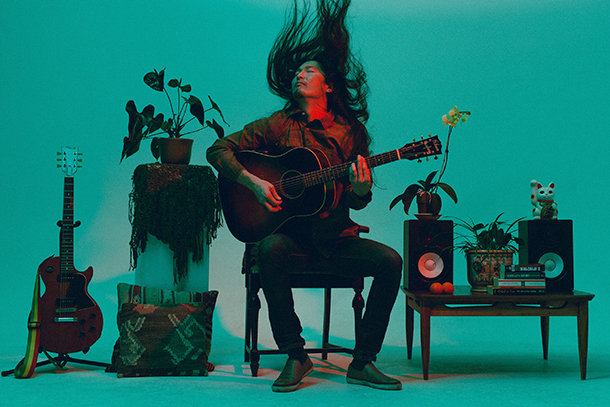
BLOG
Daniel Pak Featured In The International Examiner
Check out the International Examiner article entitled "Musician Daniel Pak goes solo: See him at the Crocodile on April 20" written by Alan Chong Lau.
Below is a snippet of the article:
"Totem Star has been a big part of my life for the last eight years. After our first program in 2010 working with young people released from juvenile detention, it dawned on Thad and me that this was truly our calling. We had to do whatever it took to make sure young people had a safe and encouraging space to take creative risks, tell their stories, and build a supportive community. Today we have mentored over 1,500 young recording artists, offering them free studio time, performance opportunities (including shows like The Crocodile), and bringing in guest touring artists and music industry professionals to inspire them.
Totem Star is all about amplifying youth voice and mentoring the next generation of leaders. I think singer-songwriter Monica Elenes says it best: 'What people need to understand about Totem Star is that, more than a record label, first and foremost we’re a family. Before you’re an artist, you’re a human, and Totem Star teaches you that. You can be an artist and not be a role model but Totem Star teaches you to be both.'"
Check out the entire article at iexaminer.org
The Origins of Totem Star
Totem Star's Inaugural JRA program in 2010
Written by Mirabai Jyothi Kukathas
Totem Star is a truly special place. Here young people can make music, learn from one another (as well as from talented teaching artists) and develop a sense of community. Everyone I know involved here has a deep appreciation and love for this space. But how did Totem Star come to be? It didn’t just emerge from the ether fully formed; it was a labor of love to bring this place into reality. So, I asked co-founder Daniel Pak to recount the origin story of Totem Star.
Mirabai: Pak, what were your goals and hopes for Totem Star when you and Thaddeus founded it in 2010?
Pak: Funny thing is we didn’t even know it was going to be Totem Star when it all started. The Juvenile Rehabilitation Administration (JRA) called in 2010 about doing a two-month summer work training program with ten young people who were just released from detention. We started with ten and ended with ten, which just shows how consistent engagement can do wonders for young people who want to express themselves through music and the arts. I think we called the program Making The Band, or Bars & Beats, or something like that. Not one month after our program ended, we found out that half the group got locked up again. And then we lost one of the leaders of the group. And that’s when we realized this was our calling. We had to ensure that young people had a safe and encouraging place to go to make music and find a creative sanctuary away from the chaos of the streets. So we started applying for grants, and amazingly we were awarded funding, and that’s when we realized we were developing an organization. That’s when Totem Star was born.
M: What kind of challenges did you face when bringing Totem Star into reality?
P: Funding and space have always been the biggest challenges. Without funds we can’t keep the studio open, and even when we have funds, where is the studio going to be? For the first four years we were strictly a mobile operation. We packed our recording studio into a suitcase and lugged it all over the city, from Rainier Community Center to the Northwest African American Museum to the Metrocenter YMCA down to YouthSource in Renton. When our program partners asked what kind of technical support we needed we said we just need a room, a table, and a power outlet. We’d set up the rest and BOOM! - recording studio! Then another challenge arose - we realized that because we had so many different program partners with different pools of young people, we’d see this group of young people for six weeks, develop amazing relationships with them, run out of funding, and then it was "good bye, have a good life" and that never felt good. That’s when we realized this mobile operation wasn’t working and we needed something more sustainable. That’s when we talked to David Bestock at Youngstown Cultural Arts Center and he gave us the keys to the recording studio there, and that’s where we’ve been since 2013. Our humble studio has transformed into a hub for young recording artists and we are full every day of the week with motivated artists making incredible music and building a strong community of voices in the process. Though we are thriving as a community today, funding and space remain our greatest challenges, as constant fundraising is the only way to keep the studio open, coupled with the fact that our current studio space is far too small for the number of youth who come in. We need our own building, with multiple studio rooms for our artists, our own performance space, and an artist lounge where young people can gather and relax in a creative environment.
Youngstown Cultural Arts Center
M: Totem Star constantly evolves and changes, but when did you first feel like Totem Star found its groove or that you started to feel more at ease running it?
P: Totem Star definitely found its groove (and a home) when we made the move to Youngstown Cultural Arts Center in 2013. To be welcomed as a tenant organization and as part of the amazing arts community there is such a big deal. Young people come from all over the city and from as far as Shoreline, Bothell, Burien, Federal Way, and Tacoma for The Studio and The Stage. The family vibe in the studio is always warm and uplifting. And in 2015, we received a major gift - an email from Paul Laughlin who was moving to Seattle to pursue his MPA at the University of Washington. He was asking about a possible summer internship and after a wonderful meeting with him, we onboarded him as a development intern. Paul changed everything for us. He started writing grants, helping develop infrastructure around our development strategy, began helping with programming, handling administrative tasks, organizing our board, and so much more. Today he is our Director of Development and Operations and constantly pushes us forward. I am certain that we would not be where we are today had we not received that email from Paul back in 2015. He’s the ultimate game changer, and to answer your question, we are all more at ease because of him!
M: What are the biggest changes Totem Star has undergone in these past 8 years?
P: I would say other than the move to Youngstown and the addition of Paul as part of our team, the biggest change is the number of diverse young people who find out about Totem Star and want to get involved. We get inquiries every week, which is humbling and overwhelming at the same time. If we had a bigger space and more hours to keep the studio open, everything would be better. We are always under pressure to fit in as many young people into the studio as possible, sometimes having to physically move our workstations to other locations that open up in the building so that more young people can work on their projects. The word on the streets about Totem Star is spreading, and more young people are finding out about Totem Star and wanting to get involved. There is a huge need, which very much reflects the state of how educational institutions are not able to provide music and arts to all young people, especially those from communities with less resources. Once again, there are young people coming from as far as Bothell and Tacoma to get in the studio. What does that tell us about the arts education and opportunity gap for young people? This heightened attention to our programs has definitely brought in more press and recognition by larger organizations, foundations, and even the Seattle Music Commission. All of that attention is great, but at the end of the day, the biggest change that we need to see is more funding, or else this all could go away.
M: What about Totem Star do you most wish you had access to when you were in high school?
P: Mentors. Positive adult role models who really care. Mentors who live and breathe social justice just as much as they do compression and equalization. I never really had a mentor when I was in high school. And maybe that was my fault for not reaching out. And as an adult, I’m always looking for mentors. Embracing fear and vulnerability is the only way we can grow. And mentors always seem to help make it easier to understand.
How to Rock a Live Performance
Photo by Avi Loud
I see you. You've been busy putting in work in the studio. Hours and hours spent crafting beats, writing lyrics, recording vocals, bringing in guest collaborators, and mixing your songs to perfection. You've got a bunch of followers on SoundCloud and you're feeling pretty good about your Instagram. And to top it off, you just got booked for a performance and it's only one month away.
This is the moment that matters most. The "in real life" moment. All of the work you've been doing in the studio and on social media has brought you to this point - getting on stage and making a connection with an audience of people, many of whom you've never met before. And it can be nerve-wracking to think about what you're going to do when you're up there, in the bright lights for all to see.
Are my songs all memorized? Will I be able to hear myself and sing in pitch? Will the audience even care about what I'm singing about? Will they like me?
Last weekend I played a show down in Portland and I overheard a conversation between my drummer and keyboard player before the show about how you should always remember that an audience you're meeting for the first time is just waiting to love you. But it's all about how you transmit energy to them. If you go on stage and succumb to the awkward and nervous feels, chances are the audience will feel that energy. So what do you do?
There is so much involved with putting on a great live performance. Make sure you practice, practice, practice. You should have your entire set memorized from beginning to end. If you're performing with a band make sure you are tight and know every cue. Spend some time thinking about (and even scripting) what you're going to say to the audience between songs. Does your set list take the audience on a ride through different feelings, emotions, energy dynamics, etc? Have you thought about what you're going to wear on stage? More than anything, are you ready to get on the stage in front of a bunch of people and just be YOU? Because that is really the most important thing - people come to a show to be inspired, and you are the one they want inspiration from. Just as the music you write is an extension of you - your expression - your audience wants nothing more than the real you to captivate them, and that is when they fall in love with you.
I found a few great blogs with more detailed tips for rocking a live performance. Check them out!
Mind, Body, and Soul, The Guardian
Waiks
For the fifth installment of The Song, our monthly artist spotlight and newsletter, we present singer/songwriter Waiks with his track "Come Through Girl."
In his interview, Waiks shares "I have learned a lot from Totem Star. I'm beyond thankful that Totem Star popped into my life out of nowhere. Without this incredible non-profit organization, I would have never met the incredible friends I have now, and I would have never been able to realize my love for music. Totem Star made me realize the power of a voice."
Click here to check out Waiks's new artist profile page and listen to his track "Come Through Girl."









